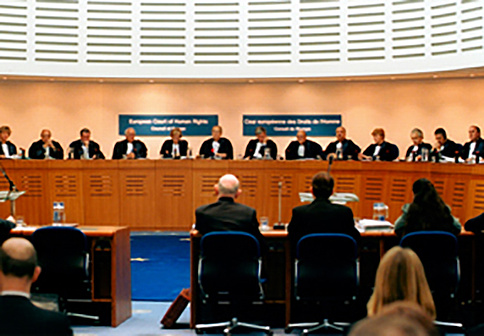The ECHR came to a conclusion that the claim was unacceptable as it went contrary to the ECHR practice. The thing is, the European Court does not examine disputes of such kind that are in the competence of national constitutional courts, but examines only general cases after their plaintiffs have gone through all-level legal instances in their respective countries, but nevertheless continue to believe that their rights were violated.
As already reported by Infotag, Vlad Filat was the Republic of Moldova’s Prime Minister from 2009 till March 2013 in the Government of then-governing Alliance for European Integration. He was discharged on March 5, 2013 on the basis of the ‘verdict’ formulated by the Parliament – “for involvement in acts of corruption”. However, he continued to perform prime ministerial duties for some time, and in mid-April 2013, when the ruling coalition overcame its internal differences, he was repeatedly proposed for this post by President Nicolae Timofti.
However, on April 22 the Constitutional Court arrived at a conclusion that the head of state had no right to entrust to Filat the fulfilling of prime ministerial duties or to nominate Filat’s candidacy for a second time after he had been dismissed on corruption-related charges.
Filat perceived that decision as unlawful because corruption facts had not been proved in the court. Despite that, on May 30 the prime ministerial post was given to then-foreign minister Iurie Leanca, number 2 personality in the Liberal Democratic Party, and most ministers from the Filat Government preserved their posts in the Leanca Cabinet.
Filat addressed for justice to Strasbourg, maintaining that his civil rights were violated and that the Constitutional Court’s decision was a “political” one. In his belief, nobody may prohibit him to go in for political or state activities.
The ECHR did not dispute this. The Court simply said that this concrete claim fell out of its scope of competence.




